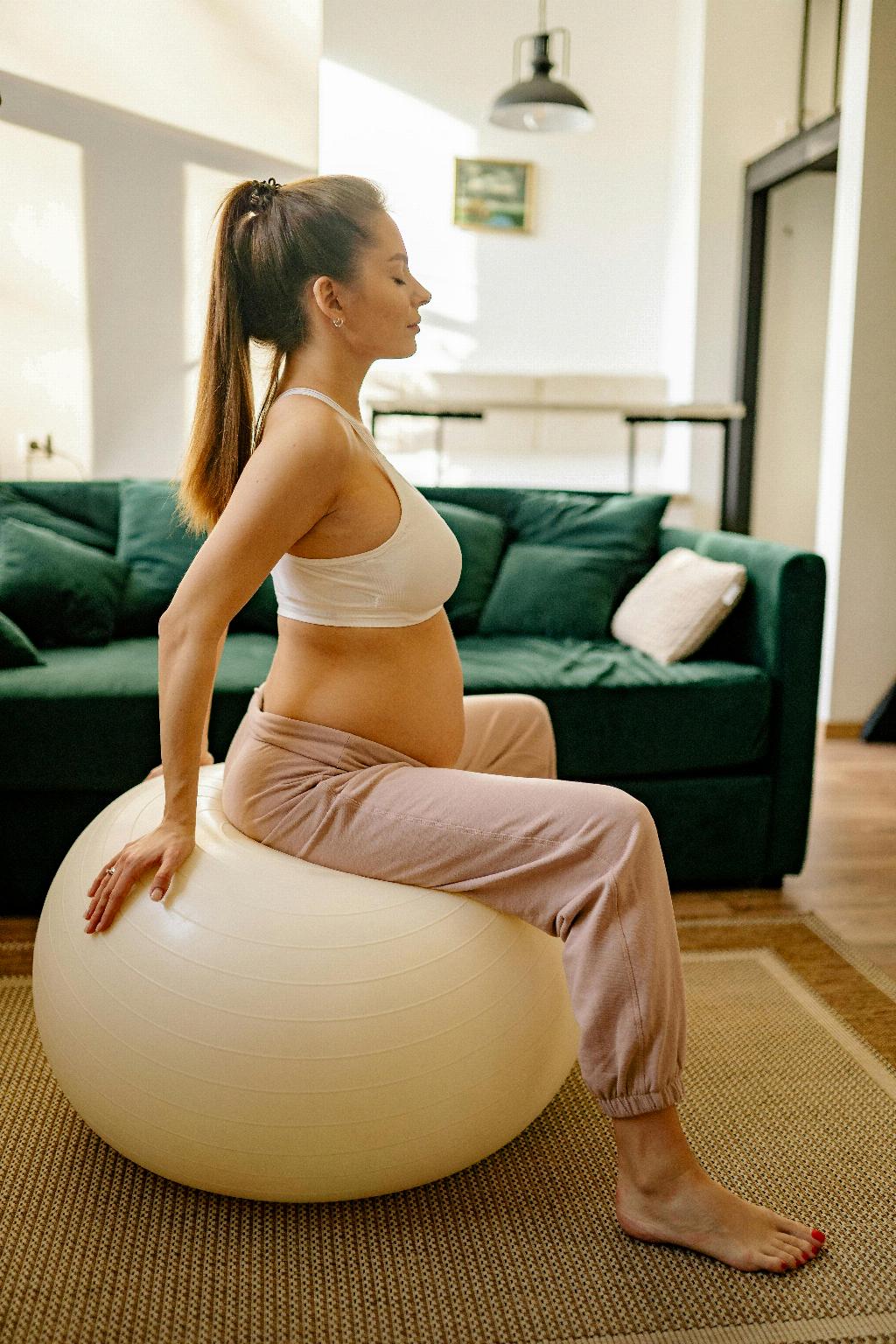During pregnancy, many women experience changes in their digestive system, including constipation. Increasing fiber intake is often recommended as a first-line therapy to help alleviate this issue. While this is beneficial for many, some may find that simple measures like increasing fiber, fluids, and exercise may not be entirely effective in relieving constipation.
Exploring Different Types of Laxatives
When traditional methods like increasing fiber intake do not provide sufficient relief, laxatives can be considered as an alternative option. There are several types of laxatives available, including bulk-forming agents, lubricant laxatives, stool softeners, osmotic laxatives, and stimulant laxatives.
Choosing the Best Fiber for Pregnancy
When it comes to selecting the best fiber for pregnancy, it’s essential to consider both the effectiveness and safety of the options available. While all types of fiber can help promote regular bowel movements, some may be more suitable for pregnant women than others.
The Benefits of Bulk-Forming Agents
Bulk-forming agents, such as psyllium and methylcellulose, work by absorbing water in the intestines to create bulkier, softer stools. These types of laxatives are generally considered safe for pregnant women and can be an effective option for relieving constipation.
Understanding Lubricant Laxatives
Lubricant laxatives, such as mineral oil, coat the surface of the stool to help it pass more easily through the intestines. While these laxatives can be effective, they are not typically recommended for long-term use during pregnancy due to potential risks.
Considering Stool Softeners
Stool softeners, such as docusate sodium, work by drawing water into the bowel to soften the stool. While these laxatives are generally considered safe for short-term use during pregnancy, long-term use is not advised without medical supervision.
Exploring Osmotic Laxatives
Osmotic laxatives, like polyethylene glycol and lactulose, work by drawing water into the colon to soften the stool and promote bowel movements. These laxatives are generally safe for use during pregnancy and can be effective in relieving constipation.
The Role of Stimulant Laxatives
Stimulant laxatives, such as senna and bisacodyl, work by stimulating the muscles in the intestines to help move stool through the colon. While these laxatives can be effective for immediate relief of constipation, they are not typically recommended for long-term use during pregnancy.
Considering Individual Preferences and Needs
When choosing the best fiber for pregnancy, it’s essential to consider individual preferences and needs. Some women may find that certain types of laxatives work better for them than others, so it may be necessary to try different options to find the most effective solution.
Consulting with a Healthcare Provider
Before starting any new supplement or medication, including fiber and laxatives, it’s crucial to consult with a healthcare provider. They can provide personalized recommendations based on your specific needs and help ensure that you are using safe and effective options during pregnancy.
Conclusion
In conclusion, when looking for the best fiber for pregnancy, it’s important to consider the various types of laxatives available and their potential benefits and risks. Each type of laxative works differently to promote bowel movements, so finding the right option may require some trial and error. By working closely with a healthcare provider, you can find a safe and effective solution for relieving constipation during pregnancy.

